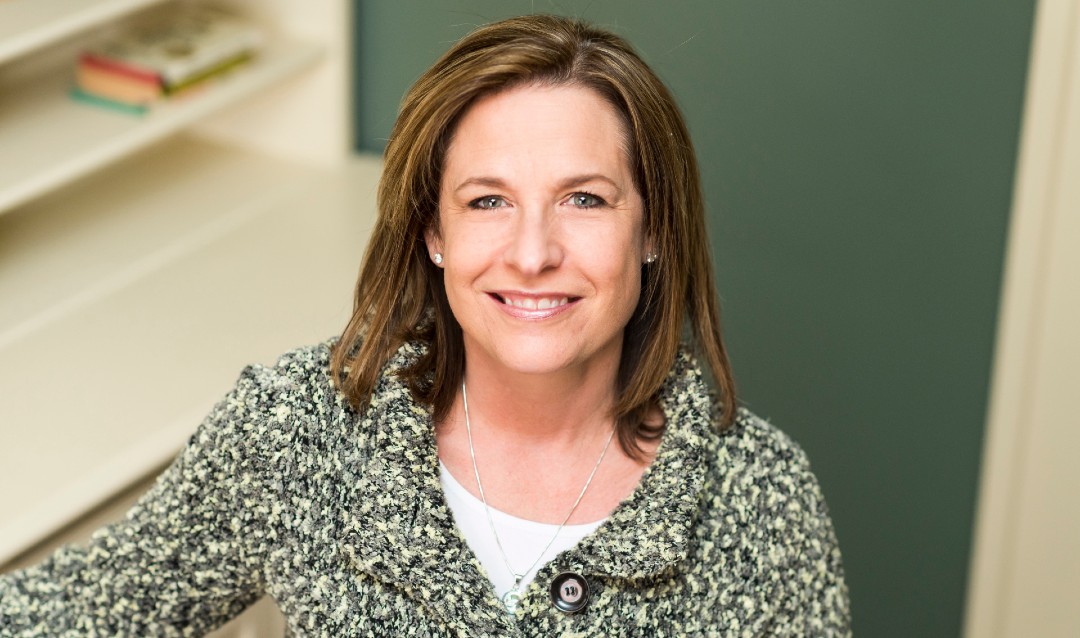Setting: A text chat between Tom and Maria following a long team Zoom meeting.
We thought we’d check in on our old Coffeepot Chatter colleagues Tom and Maria (Harry retired last summer) to see how they were doing during the pandemic. What we found raised some concerns. So, we talked to Dr. Jackie Krasas, Professor of Sociology and Anthropology and Women, Gender, and Sexuality Studies and incoming Deputy Provost of Faculty Affairs to help us negotiate some office issues that are unique to our current situation. Dr. Krasas’ area of academic expertise is work and employment.
The Spot: Since March, we’ve all had those moments when someone’s pet, child, or even well-meaning spouse makes an unexpected appearance in a Zoom meeting. Tom and Maria seem to have been amused, though possibly distracted. What do you think is important to keep in mind about how we interact with colleagues when these things happen?
 Jackie Krasas: I do think people need to be mindful here. Some of these family intrusions into Zoom meetings are funny and humanizing, and perhaps if you make a comment about it, you’re only trying to empathize. At the same time, power differences in the workplace shape how we perceive a comment from a colleague, even one intended as a joke.
Jackie Krasas: I do think people need to be mindful here. Some of these family intrusions into Zoom meetings are funny and humanizing, and perhaps if you make a comment about it, you’re only trying to empathize. At the same time, power differences in the workplace shape how we perceive a comment from a colleague, even one intended as a joke.
We know that the current type of working from home we’re experiencing poses different challenges for people with different kinds of family responsibilities. We certainly do not want colleagues implying, for example, that people with children at home are unable to do their job or are just slacking off.
I would suggest that before you speak (or text) you think about how a comment about someone's children distracting them from work would sound if we were still working on site. It wouldn't be okay then, so it shouldn't be okay now just because the location of work has changed.
The Spot: In the text chat, Maria tells Tom not to spread rumors about Yvonne’s health status, but she is concerned about her. Is it ever okay to reach out to a colleague and ask them about their illness?
Jackie Krasas: Maria is right. Tom was out of line. Generally, no one should ever be asking colleagues about their medical issues, COVID-19 or otherwise, unless invited to do so by that person. For the majority of staff and faculty, who are distance-working, it is especially inappropriate for someone to inquire about whether someone is contagious. For employees working in close proximity, I could imagine someone reacting out of anxiety. That’s still not okay, but I do understand where that comes from. But there are processes in place for notifying anyone who has come into close contact with a person who has tested positive for the virus, so, again, discussing a colleague’s health status is both unnecessary and out of line.
It hopefully goes without saying that staff and faculty should not be harassing someone based on any diagnosis whatsoever. And as with all health information, supervisors and Human Resources have an obligation to protect employee confidentiality and privacy. If an employee is very sick and cannot do their work for an extended time, they should work with their supervisor and/or contact HR and see whether Short Term Disability or FMLA is something to consider.
The Spot: We’re in a difficult time, where global events and personal circumstances are colliding in a way that impacts everything we do. What do you think we need to keep in mind with regard to fostering an inclusive workplace when we’re not physically together?
Jackie Krasas: To my mind, even if none of the comments we discussed here had malicious intent, they could certainly shape people's experiences of their workplace as one that is welcoming and supportive or not. I have seen some really kind, funny, and deeply humanizing moments in these past weeks, but many folks are really struggling. We could all try to be kinder to one another.
Editor’s Note: special thanks to Coffeepot Chatter creator Linda Lefever for her creative contributions to this article.
